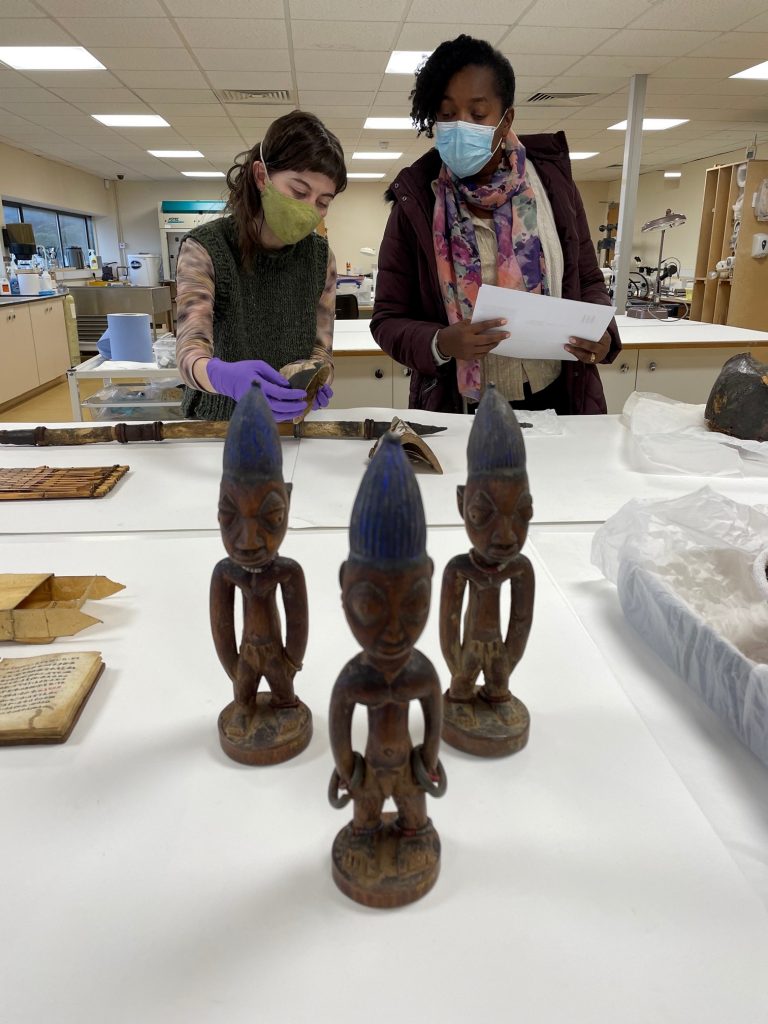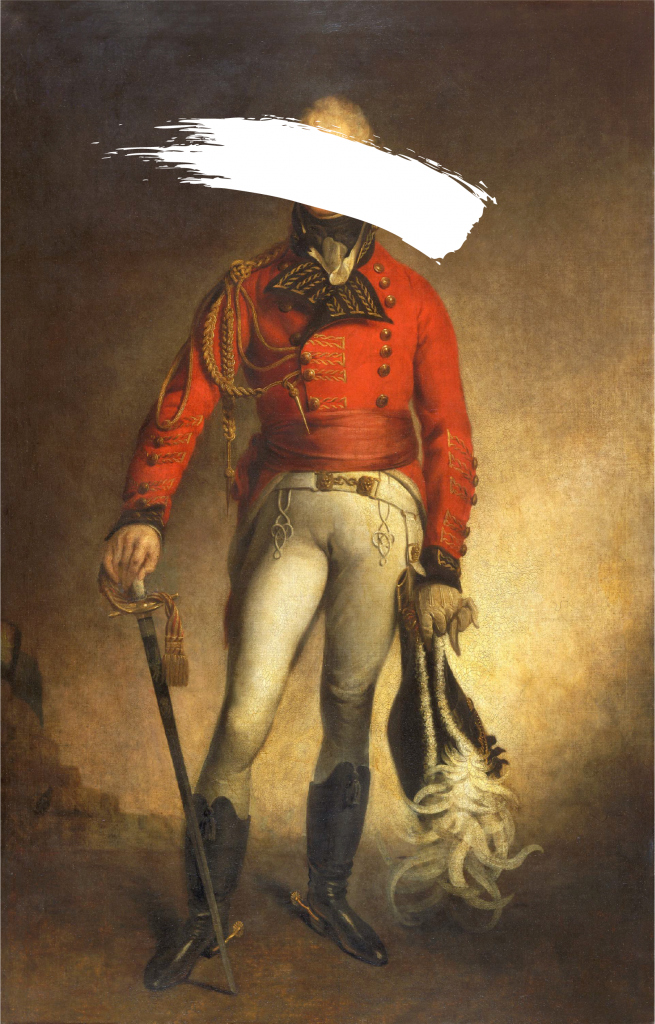Collaboration
There needs to be a letting go: the worst kind of decolonisation project is one where the museum claims that it has all the answers, and that it is going to do all the work.
Collaboration is critical to decolonising museums. It gives institutions the opportunity to value new expertise and insight, build meaningful relationships with people inside and outside of the museum, and enables informed and inclusive decision-making. When reviewing the collaborative work that you do, start by considering it alongside the principles at the beginning of this guidance.
Here are a selection of suggestions and prompts for building collaboration based on the principles of decolonising practice.
Act with integrity
– Embed values of transparency and fairness in all the institution’s engagement with collaborators.
– When building relationships with potential collaborators, move beyond ideas of ‘hard to reach’ communities.
– Question how ‘things get done’ or what constitutes ‘quality outcomes’; be prepared to revise working practices if they create obstacles.
– Build and engage in equitable relationships where all groups are part of decision making, aims and ways of working.
– Agree roles, responsibilities and expectations for all involved, considering the use of formal agreements such as Memorandums of Understanding.
– Prioritise and plan for the legacy of relationships and partnerships from the start. Focus on creating long-term connections and embedded ways of working.
– Provide an open space in which difficult issues can be explored and where all people feel supported in sharing their thoughts and feelings.
– Recognise the emotional labour decolonising work involves and the impact this can have on all those engaged in this work.
– Remember that for many people, this work is part of a longer struggle for recognition, truth and acknowledgement. Make time for care, rest and reflection.
Emotional labour has many meanings. We refer to emotional labour as being additional emotional work, particularly undertaken by people from marginalised backgrounds when facing uncomfortable or offensive situations.
Case study: National Museums Northern Ireland – Learning with partners
Decolonisation, as it relates to Northern Ireland, is more complex than is often assumed. We know that there were both Catholics and Protestants who were exploited by and objected to Britain’s wider colonial project, and those who enthusiastically embraced and profited from it. Museums here must therefore be careful not to reinforce divisive stereotypes, or be distracted away from those who are already excluded.
One focus of our decolonisation work is the World Cultures collection. The European bias and power imbalances that characterised its acquisition leave a complex and sensitive legacy to address today. We recognise that much of the expertise and experiences relevant to this collection lie outside our museums. We are collaborating with and learning from partners such as the African Caribbean Support Organisation Northern Ireland to guide our way forward.
At the Ulster American Folk Park, we recognise that the experiences of emigration presented are one-sided, with little consideration given to the impacts of Ulster emigration on Indigenous Peoples and enslaved people. We need to reveal these marginalised histories, through a genuinely inclusive and ethical approach. Collaboration is once again key to this, and we are pleased to be forging new relationships with North American Indigenous community members and the African American Irish Diaspora Network.
National Museums NI recognises we havemuch further to go with this work, but we are committed to act, change, listen, learn and develop.

Recognise and remove barriers to collaboration
– Promoting collaboration starts with identifying and removing barriers. A first step here could be having a conversation with potential collaborators, exploring the barriers experienced and ways to address these.
– Many people in the organisation – especially in front of house roles – can provide insight into barriers.
– Question how ideas of hierarchy, academic training/qualifications and status influence what is recognised as knowledge, specialism and expertise.
– Question how internal communication styles and habits can create barriers. Address this through active listening and attention, self and organisational-awareness and the willingness to do things differently.
– Consider, what role does volunteering and unpaid labour play in approaches to collaboration? Whose labour might be considered to be exploited? How can we ensure volunteering is ethical, essential and meaningful?
– Ensure the labour of individuals and organisations is fairly paid. Make use of our 2017 Salary Guidelines and Arts Council England’s Fair Pay Guidance.
– If you don’t have budget to pay collaborators, design ways of working with genuine exchange that is mutually beneficial. Be transparent in your approach.
Case study: Amgueddfa Cymru – Museum Wales – Reframing Picton
National Museum Cardiff has worked in partnership with the Sub-Sahara Advisory Panel on a youth-led project, Reframing Picton, which uses art to create greater awareness of our colonial past and its impact today. You can read a full case study on this project here.

Image caption: Multaka Collections Officer Rana Ibrahim and project volunteers welcome visitors to the Pitt Rivers Museum research space © Pitt Rivers Museum, University of Oxford